Campus experts: There is no excuse for skipping a flu shot this year as the pandemic fills hospitals
Even though health officials nationwide are urging Americans to get the flu shot this year, some people are refusing, citing sometimes odd excuses.
“I once had a classmate tell me they do not get flu shots because they fear needles,” said Ramiro Gutierrez, a freshman computer science major. “Yet they have a full sleeve [tattoo] on their left arm.”
The CDC encourages everyone 6 months and older to get a flu vaccination each year, though only about 50% of the population did so in 2019. Though the vaccine will not protect recipients from COVID-19, the agency insists a flu shot will protect recipients from the seasonal flu and will likely keep them out of doctors’ offices and hospitals, freeing those facilities to handle COVID patients.
“When it comes to excuses for not getting flu shots people can be pretty creative,” Aonzhane Coleman, a senior visual communication major said. “I think some people avoid it for mental reasons. Fear of the unknown is an effect many don’t think about, yet it plays a huge part.”
The psychological link behind why some people do not get flu shots remains present. The fear of flu vaccines can be attributed to misinformation from conspiracy theories on the internet. These theories are often easily accessible and shared on social networks like Facebook.
“Conspiracy theories provide a sense of order and control that is comforting to people,” said David Nalbone, a psychology professor. “Some people dislike the ambiguous nature behind what the flu will do to them, so they turn to believing theories that sound comforting. To combat myths about flu shots these people need to apply critical thinking to the information they view online.”
A September 2020 study published in Vaccine medical journal found that people who were exposed to tweets that expressed concerns about flu vaccines were more likely to have negative attitudes about the flu shot and less likely to get it. Misinformation about flu shots ranges from allegations that they give you the flu (they do not) to charges that they do not prevent the flu (if you end up getting the flu, a vaccine will reduce its severity).
Though influenza has taken a backseat to COVID-19 coverage, campus medical experts still recommend students get flu shots.
“The similarity in symptoms between COVID and influenza is why it is so important to get the flu shot,” said Jodi Allen, Family Nurse Practitioner program coordinator. “Not only will young patients feel terrible, but their risk for severe illness also goes up when the two viruses are combined. It is important to protect ourselves however we can.”
Marianne Curia of the College of Nursing agrees.
“In nursing, it is required that every student has a flu shot,” she said. “Even before COVID-19, the flu is known to make us feel miserable and is passed onto to others just as easily. If they have not received one already, I would tell them it would save time and effort by getting vaccinated as soon as possible.”



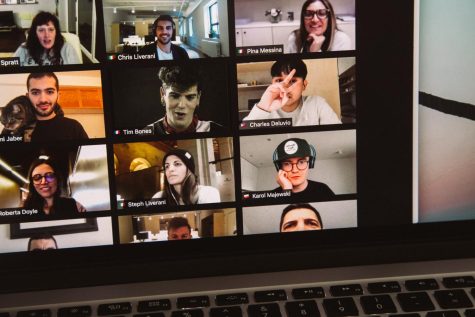
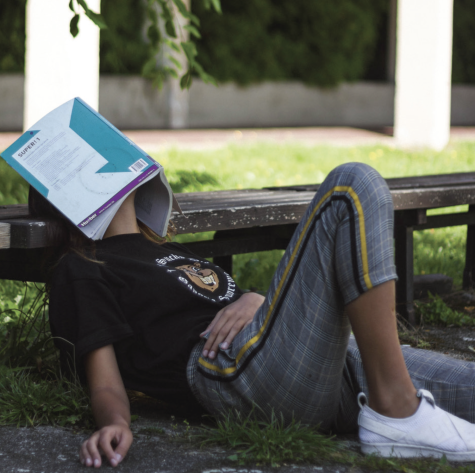
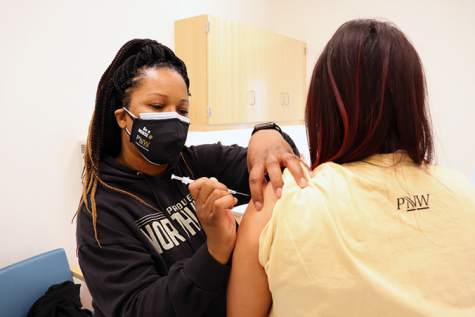


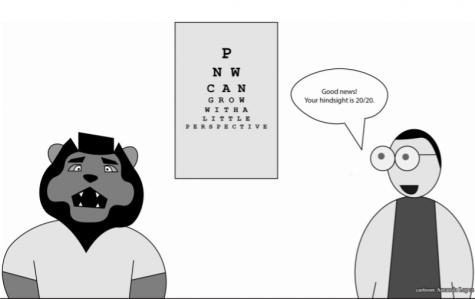

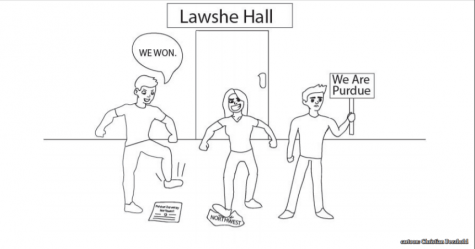
Bob Johes • Dec 9, 2020 at 8:47 pm
I don’t understand the whole premise of this article. I don’t need an excuse. I just say no I decline the vaccine. Once my Dr. tried to press me, and it was necessary for me to re-explain the purpose of my visit and that I am paying him for his time and that if he wants to be a marketing agent for the drug company he should do it on his own time not mine. I asked him to document in my record my refusal so it will not be necessary for him to bring up the topic in future years, not sure that he did. It was an awkward conversation he looked down at the floor a lot but it had to be done.